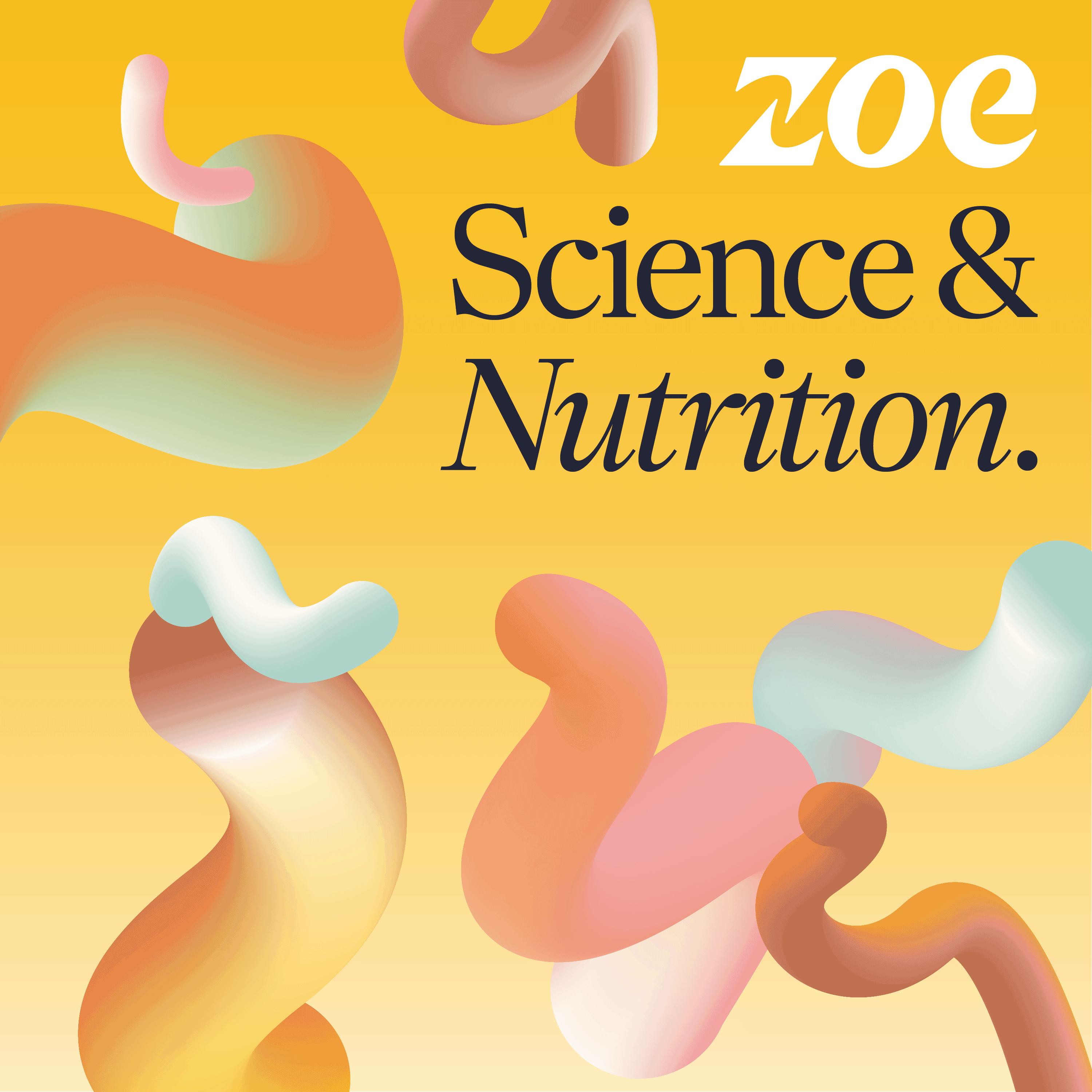We can't find the internet
Attempting to reconnect
Something went wrong!
Attempting to reconnect

Access AI content by logging in
In today’s world, we increasingly live our lives late into the night. Whether it's work obligations, socializing, or being glued to a screen, we ignore the sun's rise and fall.
But most of us are unaware that a clock is ticking away inside us.
It uses light to keep time and tells us when to sleep and eat. Should we listen? Or is this biological clock simply a relic from a past time?
In today’s episode, Jonathan speaks to a leading authority to unravel the latest science that reveals that this body clock, or circadian rhythm, has a dramatic impact on our health, weight, and mental wellbeing:
- Russell Foster is an Oxford University scientist who has dedicated his life to studying circadian rhythms. He’s a world leader in the field and the author of Lifetime: the new science of the body clock.
Get science-based nutrition advice straight to your inbox: https://bit.ly/44xRywM
If you want to uncover the right foods for your body, head to joinzoe.com/podcast and get 10% off your personalised nutrition program.
Timecodes:
00:00 - Intro
00:12 - Topic introduction
01:23 - Quickfire questions
02:30 - What is the biggest myth about our body clock that drives Russell crazy?
03:19 - What are circadian rhythms?
06:41 - Why do they matter to us?
10:32 - How does your body sync its clock?
14:07 - How does the circadian rhythm influence sleep?
15:18 - What happens if we don’t live alongside our circadian rhythms?
21:26 - What should night workers do?
26:45 - Does your circadian rhythm change when going through menopause?
29:42 -Is there a circadian rhythm for our gut?
33:12 - Will it damage our long-term health to continuously be awake by our small children?
35:15 - Summary
36:14 - Goodbyes
36:36 - Outro
Episode transcripts are available here.
Get Russell’s book here.
Follow Russell: https://twitter.com/oxscni
Follow ZOE on Instagram: https://www.instagram.com/zoe/
This podcast was produced by Fascinate Productions.
